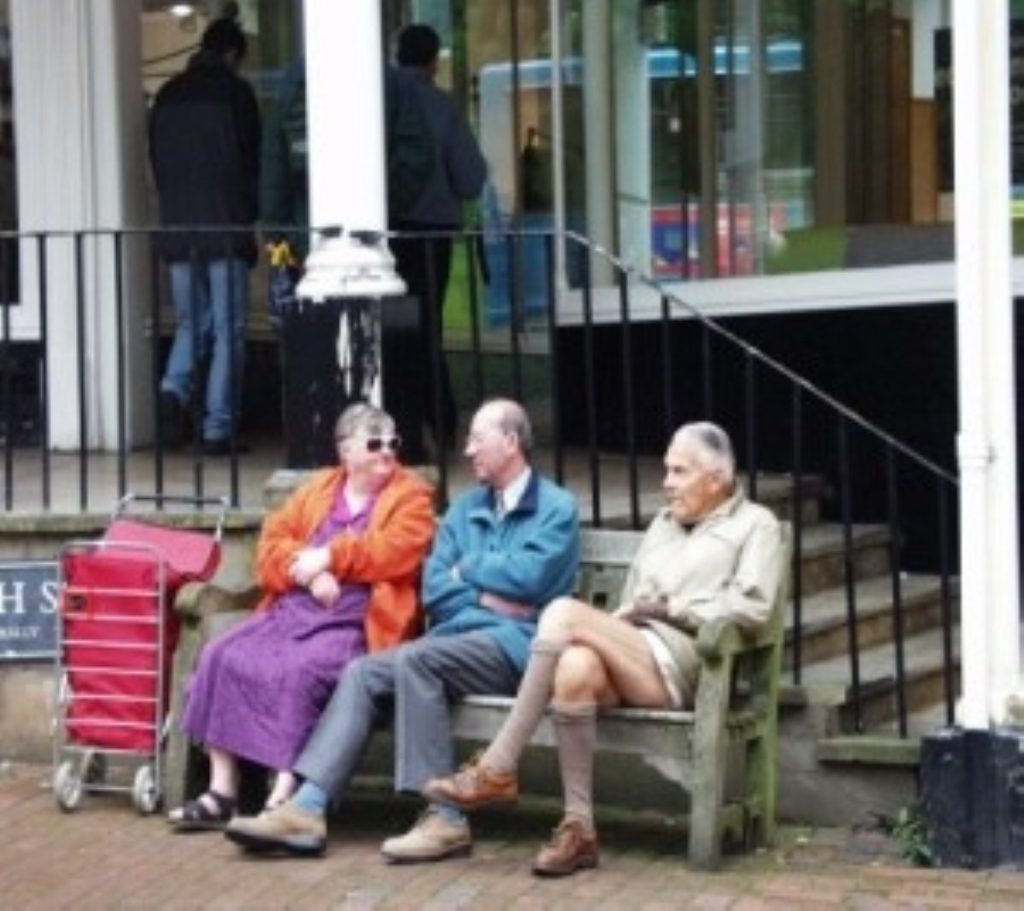Women’s pensions under the spotlight
The government is coming under increasing pressure to take action to improve pension support for women in retirement.
A coalition of organisations led by the Equal Opportunities Commission (EOC) is today calling upon newly installed work and pensions secretary John Hutton to overhaul the pensions system to “end the scandal of women’s pensions”.
The call comes after a government report last week revealed that over two million women were not currently building up a state pension entitlement.
Others were missing out because they were earning too little or spending time out of work looking after children and relatives, the report said.


Today the EOC published a survey showing that more people are concerned about whether they will have enough money in retirement (70 per cent), than about the quality of local health services and feeling safe in their local area.
It also reveals that the majority of people thought that women should have their own individual pension rights and not rely on their husband or partner.
The survey coincides with a national pensions summit in Manchester today, hosted by the Mr Hutton and women’s minister Tessa Jowell.
At the summit, ministers will come under pressure from the Women’s Pensions Network, an umbrella body including organisations such as Age Concern and the Fawcett Society, who say that for every pound of income received by men in a pensioner couple, women receive less than 34 pence.
They also say that one in five single pensioners live in poverty – making them one of the poorest groups in the UK.
Kate Bellamy, senior policy officer at the Fawcett Society, said: “We will today be looking for pledges that the government will act to end the scandal of women’s pensions so that another generation of women are not condemned to live out their retirement in poverty as their mothers and grandmothers before them.”
And their calls will be supported by the EOC. Jenny Watson, acting chair of the EOC said: “In today’s modern world, an increasing number of people do not marry, many marriages end in divorce, and neither men nor women fit yesterday’s mould of a breadwinner husband and a stay-at-home wife.
“So we need a new system that puts independence and equality at its heart and rewards the crucial work done by parents and carers.
“More and more men are spending periods of time outside full-time work to care for children or older relatives. Our pensions system must be able to cope with these changes in people’s lives. That’s why we believe if we get it right for women, we’ll get it right for everyone.”
The Women’s’ Pensions Network, which also includes the Association of British Insurers and the TUC, has identified three principles for reform:
- a common entitlement to the basic state pension;
- shared responsibility between individuals, employers and the state to save for a second pension;
- and the recognition of periods of unpaid caring work in both private and state pension arrangements.
Age Concern director general Gordon Lishman added: “Pensions is one of the biggest challenges facing the government and strong leadership is desperately needed. This is a crucial time for pensions reform and bold decisions are urgently needed to tackle the deep-rooted inequalities faced by millions of women in retirement.”

